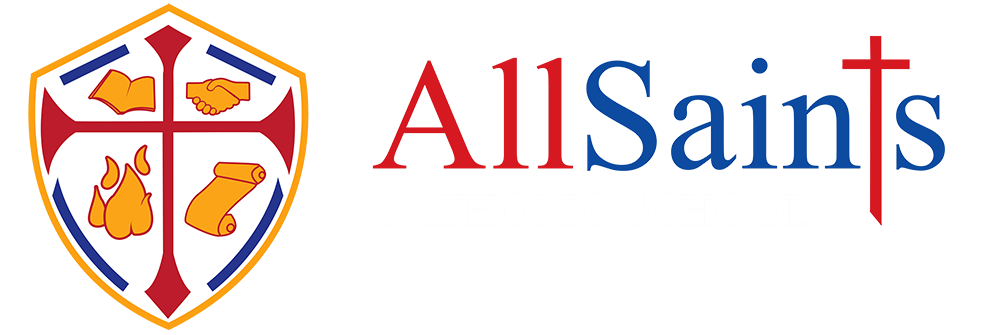History
Key skills (subject specific) that are developed:
An understanding and appreciation of history are vital components of well-rounded, tolerant and reflective citizens. For many, the secondary sector is the last opportunity to study history formally; for some it will only be up to the end of Year 9. As a department, therefore, we are conscious of our responsibilities as history teachers and are committed to:
- stimulating student curiosity, interest and enjoyment in history
- cultivating a sense of the past, a knowledge of events and their causes and effects
- encouraging the development of informed opinions that are supported with reasoned arguments and communicated effectively
- encouraging open and enquiring minds that are aware that interpretations of history can often be shaped by individual points of view
We focus in our teaching on making pupils feel confident when using and learning about second order concepts, which are:
- Cause and Consequence
- Change and Continuity
- Significance
- Diversity
- Interpretation
- Similarity and Differences
These are essential to effective History teaching, as it enables students to delve into the past and really connect with how things have changed over time, the significance of important events and enables them to establish understanding of chronology and why things happen.
To effectively employ the above aims, we make sure as a department we:
- Provide a range of well-planned activities and where we can take the learning outside of the classroom.
- Follow effective schemes of work that fulfil the requirements of the National Curriculum
- Get students to develop their ability to analyse sources and engage with contemporary material, which enables students to effectively learn about the past.
- When applicable using ICT within the classroom.
- Allow students to develop their independent learning.
- Remain committed to our own personal development and enthusiasm of history.
KS3
Summary
At KS3 we focus our studies thematically and around second order concepts to aid students understanding of history.
Useful websites:
BBC bitesize has a range of topics broken down to aid students e.g.
https://www.bbc.co.uk/bitesize/guides/zjbj6sg/revision/1 - focusing on the crusades, relevant for Y7.
KS4
Summary
We study OCR History B: Schools History Project. It is made up of 3 exams and 5 units:
Paper 1 – Crime and Punishment/ Elizabeth I
Paper 2 – History Around Us – Tower of London
Paper 3 – Nazi/ Making of America.
Additional Reading:
Textbooks for all units can be found on amazon. Example of the Elizabethan one below.
Elizabeth I by David Starkey.
The Tudor Years by John Lotherington.
The Tower of London: The Biography by Stephen Porter
Crime and Punishment in England: an Introductory History by John Briggs, Christopher Harrison
Useful websites:
https://www.bbc.co.uk/bitesize/guides/zwmr7hv/revision/1
https://www.bbc.co.uk/bitesize/guides/z2932p3/revision/1
https://www.hrp.org.uk/tower-of-london/ - click on the education section and there are lots of resources.
KS5
Summary
We study AQA exam board and focus on:
1K The Making of a Superpower USA 1865-1975
2D Religious conflict and the church 1529-1570
Additional Reading:
1k -
- H Brogan, The Penguin History of the United States of America, Penguin, 2001
- P Clements, Prosperity, Depression and the New Deal: 1890-1954, Hodder, 2008
- J de Pennington, Modern America: 1865 to the Present, Hodder, 2005,
- D Murphy et al, Flagship History - United States 1776-1992, Collins, 2001
- C Rowe, AQA History AS: Unit 1 - USA, 1890-1945, Nelson Thornes, 2008
2D –
- Carpenter R, The Church in England and the Struggle for Supremacy, 1529-1547, Nelson Thornes, 2009
- Tillbrook M, The triumph of Elizabethan Britain, 1547-1603, Nelson Thornes, 2009
- Dawson I, The Tudor Century, Nelson Thornes, 1993
- A Fletcher & D MacCulloch, Tudor Rebellions, Longman, 2008

